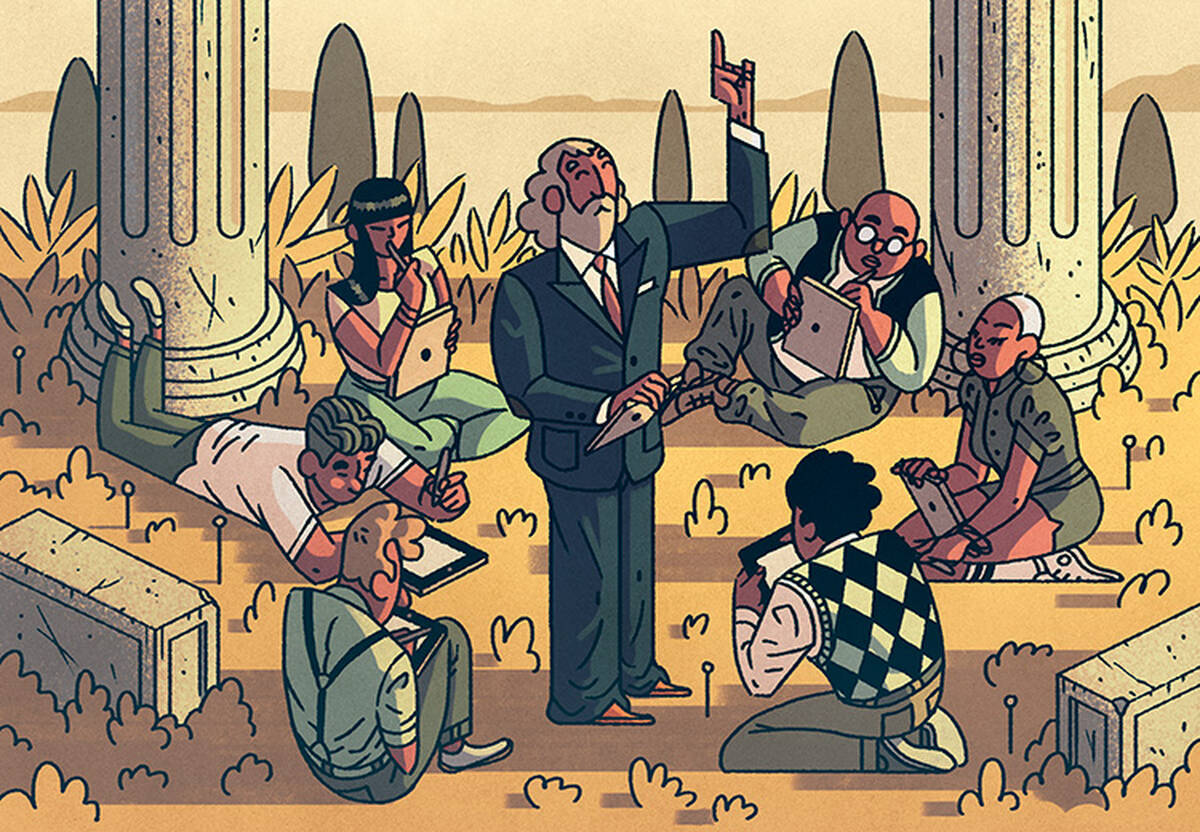Kellogg School faculty members share their expertise on building better teams, sharpening leadership skills, growing companies, and engaging customers. Here’s a look at some of their most popular advice from last year.
1. Strategies for Leading a High-Impact Team
Want to build an effective team? Think counterintuitively. That’s the advice of teamwork expert and researcher Leigh Thompson, who says that many popular strategies just plain don’t work. Among her key strategies for better teamwork: drop the praise, cut meeting time in half, and don’t worry too much about everyone getting along.
2. Tips to Gain Influence in Your Organization
Influence plays a big part in any office’s politics. So how do you build the political capital you need to sway others to your way of thinking? The Kellogg School’s William Ocasio offers ways to cultivate and effectively use political capital. And it all starts with understanding just how much influence you already have. “Don’t underestimate your resources,” he says.
3. How Self-Reflection Can Make You a Better Leader
Leadership is not always about leaving your foot on the gas pedal. In fact, pausing to reflect often yields true productivity, says Harry Kraemer. By regularly engaging in self-reflection, leaders can remind themselves of what matters, and find the strength they need to build truly effective teams. But don’t mistake this self-reflection for navel-gazing, says Kraemer: “No! It’s: What are my values, and what am I going to do about them?”
4. Tools for Communicating Complex Ideas
Good ideas often come in complicated packages. How can you help audiences understand your complex points? Kellogg School professor Mitchell Petersen provides tools for making difficult material more accessible and memorable. One smart piece of advice: “The dopier the story, the more people may groan—but years later they remember it,” he says.
5. Ways to Authentically Engage Your Customers
Creating relationships, not simply selling products: that’s the mindset behind long-term customer engagement. As Mohan Sawhney says, “The motto for engagement marketing is, ‘Ask not how you can sell, but how you can help.’” The most successful companies do that by inspiring, entertaining, talking to, and building community among their customers.
Bonus tip: How to Strategically Grow Your Business
Growth-stage companies often play it safe, sticking to the usual, expected markets even when better, more lucrative paths exist. Kellogg professor Mike Mazzeo describes how your business can break out of the same-old, same-old mold by identifying what you do better than other companies. Understanding why your customers are choosing you can lead to new opportunities that capitalize on your strengths.




